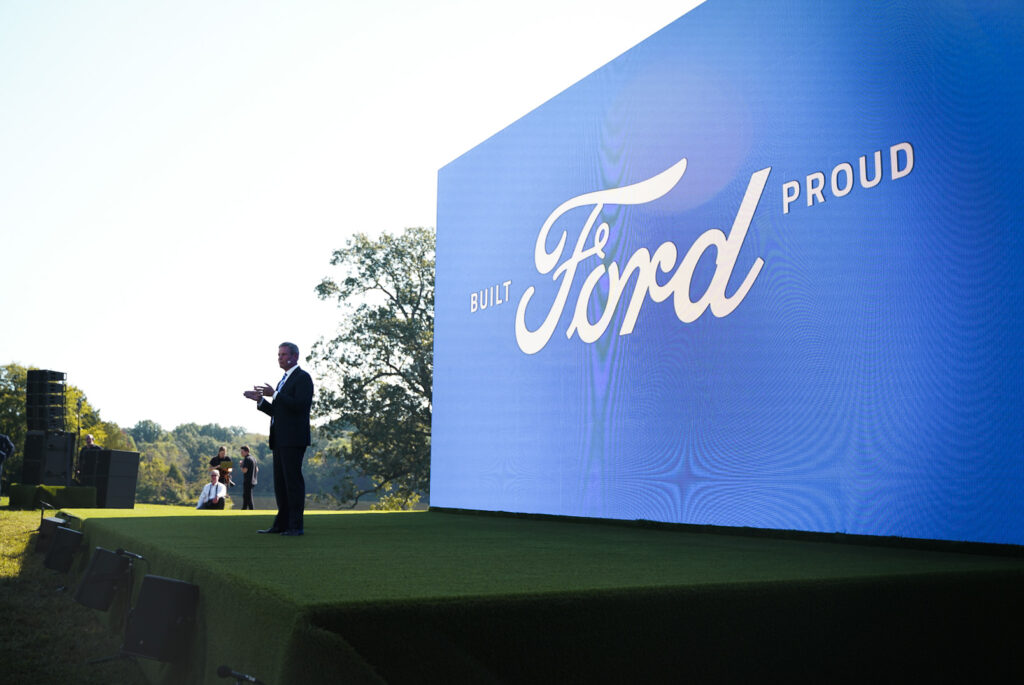
The Tennessee legislature is looking to restrict “community benefits agreements” — the contracts that corporations work out with neighboring residents to address community concerns. The legislation, which received final approval from the Senate this week, would block any companies receiving state economic incentives from entering into such agreements.
In 2018, when Major League Soccer expanded to Nashville, the project became the first in Tennessee to negotiate a community benefits agreement. Stand Up Nashville, a coalition of community and labor groups, negotiated with Nashville Soccer Holdings to get the team to commit to a variety of terms. These included a pledge to construct affordable housing, provide on-site employee childcare, offer youth soccer programming and set a minimum wage of $15.50.
Sen. Charlane Oliver, D-Nashville, voted against the new legislation. She pointed to the success of the Nashville SC negotiation, and said that the measure’s passage would stifle growth.
“We are taking away not only the voice of the community, but also using their taxpayer dollars — by way of giving away taxpayer-funded incentives to a company — without [taxpayers] having any input in how that development impacts them,” Oliver said. “It can really be harmful if we remove these opportunities for people to participate in our government.”
More recently, a high-profile call for a community benefits agreement has emerged in West Tennessee.
Ford is in the process of developing its new $5.6 billion mega-campus, BlueOval City, in Haywood County. The manufacturing plant, which will sit on 3,300 acres of farmland, is 2.5 miles south of the small town of Stanton, and 6 miles west of Mason, a majority Black town with around 1,300 residents. The campus will include new electric vehicle and battery manufacturing facilities, as well as a railyard connection and a wastewater treatment plant.
As the plant moved toward its opening — anticipated sometime this year — a coalition of community, labor and faith organizations issued a list of demands for a legally binding community benefits agreement, inviting Ford to negotiate. The demands included hiring local workers at livable wages, supporting residents as rent and cost of living rises, and monitoring the site’s environmental impact.
Instead of entering into an agreement with the coalition, the company ran a separate outreach effort, developing the ‘Good Neighbor Plan’. Released early this year, it features $9 million in investments into the community. Ford says it will restore a historic schoolhouse in Stanton, build community spaces and invest in youth programs, literacy initiatives, farmers’ markets and community gardens.
Republican Sen. Page Walley, who represents the region that includes BlueOval City, cited this plan as one reason for his support of the legislation.
“They [Ford] have been extraordinarily active in engaging with communities to build parks, to expand the Boys and Girls Clubs, to vitalize neighborhoods, to prepare workforces,” Walley said. “But they’re doing it all voluntarily.”
Opting in is the only way many corporations will be engaging with this work if the governor signs the legislation into law. The measure prohibits corporations from entering into CBAs with non-elected entities (all of the local organizations advocating for the CBAs, at least in the case of Nashville SC and Ford, are non-elected entities) if the corporations have received state incentives. For BlueOval City, Ford received around $900 million in economic incentives.
The bill has cleared nearly all hurdles: now that it has passed the Senate, it heads to the governor’s desk.

